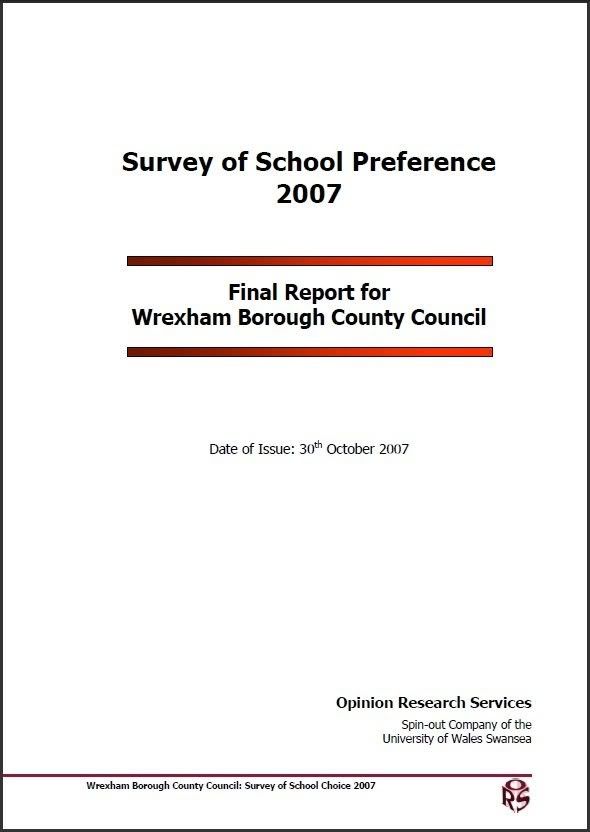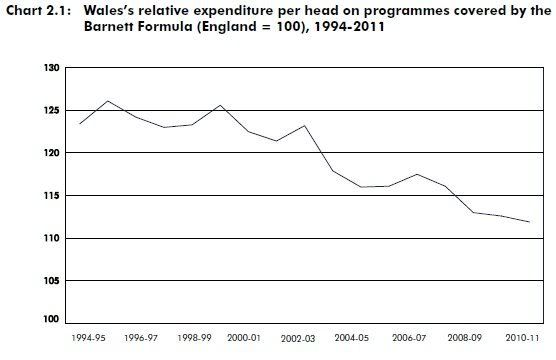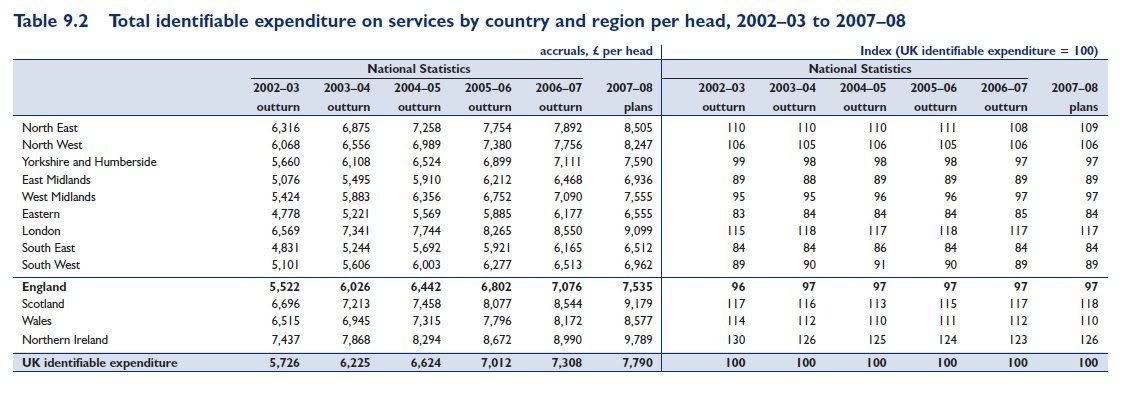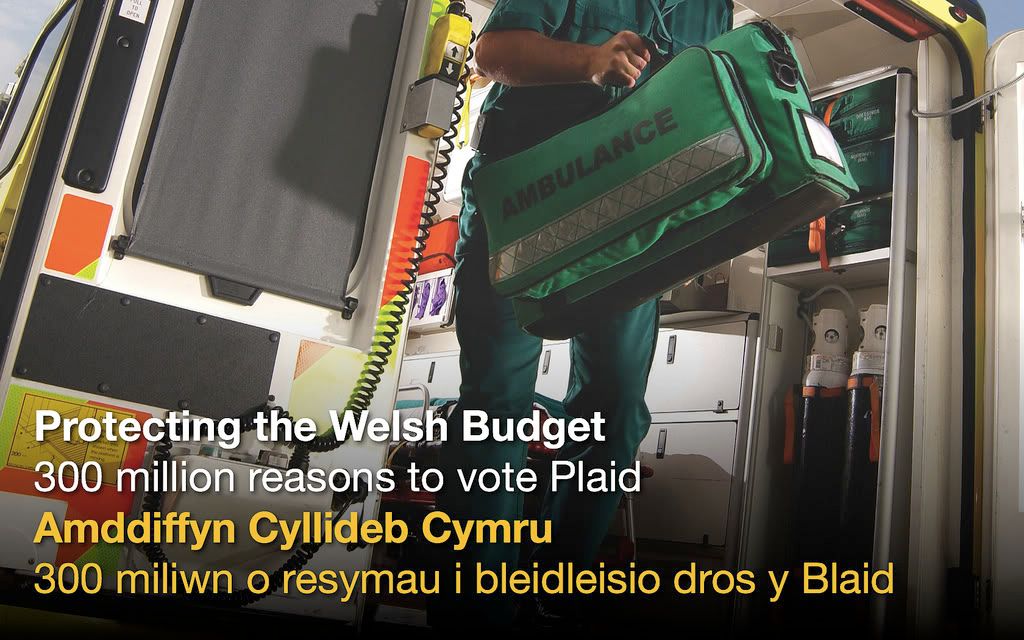On Monday, the Daily Post carried this story about Welsh-medium education in Wrexham:
Wrexham council accused of dragging feet over Welsh language education
Education consultant John Morris, who has worked in schools and colleges across the country, fears Wrexham is leaving many families out in the cold who want their children to be educated in Welsh.
He said he had been contacted by a number of parents who had tried to get their youngsters into Welsh schools only to be turned away. And he claimed the local authority was not doing enough to ensure there would be adequate provision to meet demands for Welsh language education in the future.
Mr Morris said: “I have had families come up to me and tell me they haven’t been able to get their children into schools with education provision in Welsh language. People have seen the success of schools in Wrexham which provide Welsh language provision such as Ysgol Plas Coch, Bodhyfryd and Morgan Llwyd. But schools are completely under resourced to cope and at Plas Coch they have put up two mobiles because of the extra demand."
-
The authority’s Chief Learning and Achievement Officer John Davies, said: "The authority is still in the midst of carrying out a feasibility study on a range of possible sites and locations for a new primary welsh-medium language school in Wrexham. This should be completed within the next few weeks. Once this is completed a report will be submitted to the executive board in late April, where members will agree on a preferred option. The authority will then carry out a full consultation, which will seek the views of a wide range of stakeholders about that preferred option.
"There is sufficient accommodation in our Welsh medium schools to meet the current demand. All pupils who have applied for places at Welsh medium schools in Wrexham next September have been allocated places and two of our Welsh medium primary schools still have some places available."
Daily Post, 29 March 2010
This sounds suspiciously like a case of "he said, she said". Whenever anyone makes an allegation there'll always someone available to deny it, and the average reader is left with no means of being able to judge who is telling the truth. But, happily, it only takes a little research to get the facts.
-
The current situation is that Wrexham has five Welsh-medium primary schools, although there are also two very small rural schools which teach in Welsh. Wrexham publishes the admission number for each school in this document, together with the number of applications for places in September 2009:
Plas Coch ... Admission number 27 ... Requests 57
Bodhyfryd ... Admission number 46 ... Requests 49
Bryn Tabor ... Admission number 42 ... Requests 31
I D Hooson ... Admission number 29 ... Requests 39
Cynddelw ... Admission number 18 ... Requests 6
Total admission number 162
Total requests 182
This shows that the number of requests for places exceeds the number of places normally available. However it should be noted that the Ysgol Bodhyfryd website says that the school now has an admission number of 60, to refect the fact that temporary space has been found from somewhere. As mentioned in the story, Ysgol Plas Coch also has two temporary classrooms.
So Wrexham have just—but only just—managed to find places for those who have made formal admission requests. However they are very obviously heading directly for another crisis since three of the Council's WM schools are already full for this coming September, and it is almost certain that one of the two remaining schools with places mentioned by Mr Davies is Cynddelw which is in Glyn Ceiriog, some 25km away from Wrexham itself. Therefore only one of the four schools in or anywhere near Wrexham has any space left ... a full six months before the start of term.
-
But this is only a part of the picture. Back in December I wrote this post about Wrexham's belated proposals for increasing the number of WM places available. In it, I mentioned that Wrexham had conducted a survey of parental preferences of parents of very young children in October 2007, and the headline percentages were given in this news story from RhAG. I did try to find a copy of that survey at the before but it wasn't anywhere on Wrexham's website. But I've checked again and am pleased to say it now is, click the cover to read it:

The survey is particularly relevant now because the children in question are those born between September 2005 and August 2006, those starting formal education this year. The main figure is that the parents of 269 children would be very or fairly likely to send them to a Welsh medium primary school if there was one within 2 miles. This is not an extrapolated figure, it is the actual number of responses. The response rate was only 32% and it would be inconceivable that all of the remaining 68% would not want to do so. So that 269 is a minimum figure.
But the sustainable admission number of all WM schools in Wrexham is only 162, for although the temporary accommodation might allow for the figure to be increased for a year or so in the short term, there are seven year groups in total. So at a minimum there are at least a hundred children whose parents want them to have WM education, but for whom there are no spare spaces. That is solid proof that John Morris is right to say that parents are being turned away.
-
So what is happening? I think the main reason for the difference is that parents usually make informal enquiries in the first instance. If they are told that the WM schools near them are full (and Wrexham have confirmed that three of the four in or near Wrexham already are for next September) they will simply not bother making an official application.
Another important factor is that if parents have been unsuccessful in getting their children into WM nursery education they might well feel that their children have already fallen behind, so that even though they might have wanted WM education a couple of years ago they now feel it is too late to catch up. This is very well illustrated in the diagram below, which shows that only 4% were able to get their child into a WM nursery or playgroup, which is very low even though about half of the parents thought their children too young to send to a nursery/playgroup at the time. To my mind this shows that we must make Parent and Toddler groups, called Ti a Fi (you and me) in Welsh, and nursery provision a priority.
But what surprised me most from the survey was the almost total lack of information given to parents by the Local Authority to enable them to make an informed choice. This is from the report:
Information for choosing a Primary School
2.12 Respondents were asked if they felt they had received enough information to make a decision about primary education for their children. The majority (64%) did not feel they had enough information to make this decision (Figure 14).
2.13 89% of respondents did not feel they had received enough information about the schools in their area. Only 74 respondents (11%) felt they had enough information regarding schools in their area (Figure 15).
2.14 An even higher percentage of respondents (94%) felt they had not received enough information regarding the application process for primary education. Only 40 respondents (6%) felt they had enough information on the application process (Figure 16).
2.15 Furthermore, 93% (579) respondents had not received information on Welsh medium schools (figure 17).
To my mind this borders on wanton negligence by Wrexham Council. It makes the figure of 44% who did respond positively all the more remarkable, and this lack of information might well be why the overall response rate only reached 32%.
All these factors act to reduce the numbers that make official applications for WM places, and I think it is reasonable to say that local authorities take advantage of this as an excuse for not supplying the number of WM places they should.
Now in Wrexham's case, the local authority do realize that they need to act, even though they have been leaving it rather late. They are currently consulting on these three options:
• building a new 1FE (210 place) school at Gwersyllt
• increasing capacity at Ysgol Plas Coch from 1FE to 2FE (420 places)
• building a new 1FE school at Gwersyllt and increasing capacity at Ysgol Plas Coch from 1FE to 1.5FE (315 places)
Consultation Document
I think that the third option is clearly the best, because it provides more WM places than the other two. However, even if it is approved, it adds only 45 places per year to the 162 places currently available. It would still leave a shortfall of at least 60 places each year.
That means at least one more two form entry (or maybe two one form entry) WM schools are required in Wrexham simply to meet the demand that was surveyed back in 2007. One small amendment that would go some way to help would be to add this as fourth option:
• building a new 1FE (210 place) school at Gwersyllt and increasing capacity at Ysgol Plas Coch from 1FE to 2FE (420 places)









